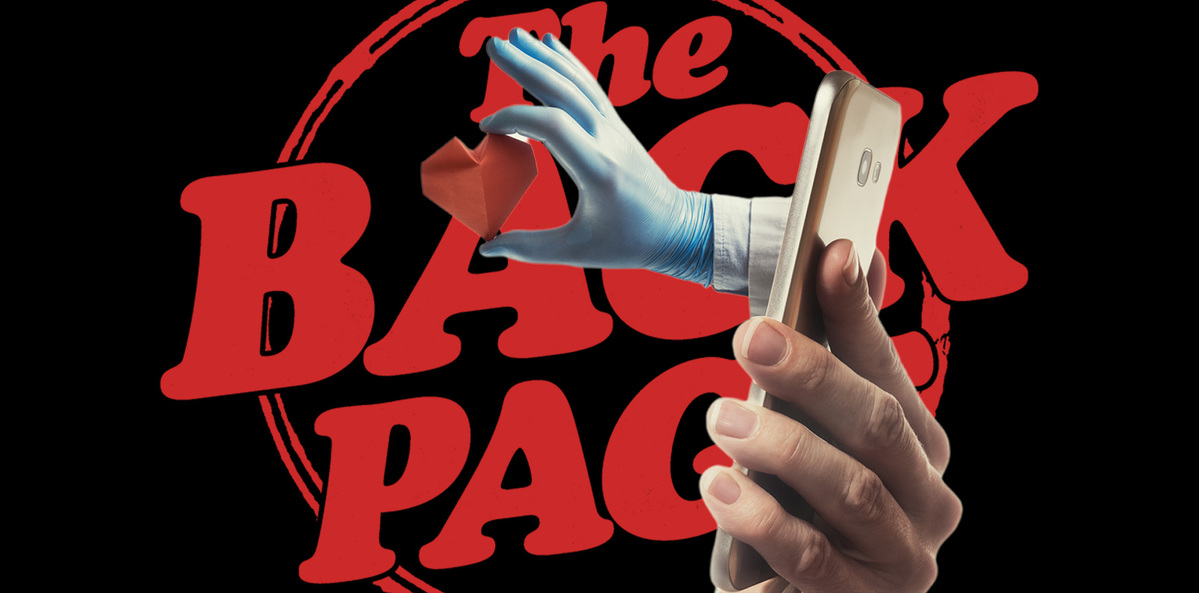Best to call the ambos and not rely on AI when it comes to cardiac arrest.
It’s a staple of first-aid courses and film and TV dramas the world over.
“He’s having a heart attack! Can anyone do CPR?”
In the movies, the chances are at least 70% that the victim will survive and be forever grateful for the lifesaving actions of the hero.
In the real world? Not so much.
A review of studies from 2010 found that the survival rate from bystander-initiated CPR is just 10%, and even CPR performed for in-hospital cardiac arrest only had a 17% success rate.
Which is pretty scary, given that nearly half of all CPR attempts occur outside of hospital settings.
So is that low survival rate because lay folks just aren’t doing the CPR correctly and could we be using the magic of AI to improve the chances of surviving a cardiac arrest?
These are questions US researchers have been seeking to answer via a comparative evaluation of four different voice assistants (VAs) from Apple, Google, Amazon and Microsoft, for their ability to provide CPR instructions.
Their results, published recently in the JAMA Network Open journal, are not encouraging.
The boffins, who have extensive experience in emergency procedures, tested eight different ways of inquiring about CPR to each of the different voice assistants, namely Siri, Alexa, Cortana and Assistant, as well as putting those questions via text to the ChatGPT large language model (LLM) tool.
The questions included how to perform chest compressions, help with breathlessness, and help an individual who does not have a pulse. The AI responses to those questions were than assessed for quality by two emergency medicine health physicians.
The findings, in a nutshell, do not bode well for future cardiac arrest victims.
“This case series study found that nearly half of queries were answered by VAs with information unrelated to CPR, often constituting grossly inappropriate responses,” the study authors wrote.
The LLM performed a little better than the VAs, but its answers were inconsistent.
The responses when a user just said “CPR” included:
- “CPR news from iHeartRadio.”
- Displays information related to an Apple TV movie titled CPR
- “I found a few places near you. The first one is [address for a local CPR training business]…”
- “Sorry, I don’t know…”
Cortana more than once gave the answer “Words fail me”, which shows perhaps an appropriate level of awe at the gravity of the circumstance, but not the kind of sangfroid you’d hope for from an AI.
“These findings suggest that a layperson seeking to use a VA for CPR guidance may experience delays or fail to find appropriate content,” the authors concluded.
Appropriate content such as: “Call an ambulance! Right now!” Something which the bots failed to suggest in more than 70% of cases.
Should your humble scribe clutch his chest and collapse in the dairy aisle of the local Aldi, he will be thankful for any assistance rendered.
Just don’t bother asking Siri or Alexa for instructions first.
Sending story tips to penny@medicalrepublic.com.au can be first aid for the soul.


